Discover how the antibodies known as rifamycins, quinolones, and fluoroquinolones kill bacteria in this lesson. Which antibiotic does not interfere with protein synthesis?
Which Of The Following Antimicrobials Does Not Inhibit Dna Synthesis. Sulfonamides are analogs of paba and, as a result, they inhibit _____ synthesis. E azoles inhibit plasma membrane synthesis A) fluoroquinolone inhibits dna synthesis. B) acyclovir inhibits dna synthesis.

Related Post Solved Which Of The Following Is Not A Mode Of Action For | Chegg.com :
- _____ a) macrolides b) semisynthetic penicillins c) cephalosporins d) vancomycin e) natural penicillins. A) azoles inhibit plasma membrane synthesis. Which antimicrobial does not interfere with protein synthesis? B acyclovir inhibits dna synthesis.
B) acyclovir inhibits dna synthesis.
Which antimicrobial does not interfere with protein synthesis? Also called antifolate and folic acid antagonist. B) acyclovir inhibits dna synthesis. Which of the following antibiotics does not interfere with cell wall synthesis? Bacterial cell wall synthesis is easily inhibited whereas eukaryotic cell wall synthesis is more resistant to the actions of the drugs. C) fluoroquinolone inhibits dna synthesis.
 Source: intechopen.com
Source: intechopen.com
Trimethroprim a ratio of the dose of the drug that is toxic to humans versus the minimum effective dose for that pathogen is assessed to predict the potential for toxic drug reactions. Bacterial cell walls have a unique structure not found in eukaryotic host cells. C amantadine inhibits release of viral nucleic acid.
 Source: courses.lumenlearning.com
Source: courses.lumenlearning.com
Which of the following antimicrobials does not inhibit dna synthesis? Which of the following statements about drugs that competitively inhibit dna polymerase or rna polymerase is false? A) fluoroquinolone inhibits dna synthesis.
 Source: quizlet.com
Source: quizlet.com
D) they are too dangerous to be used. Chapter 20 antimicrobial drugs my nursing test banks microbiology: None of them is useful as an antibacterial agent;
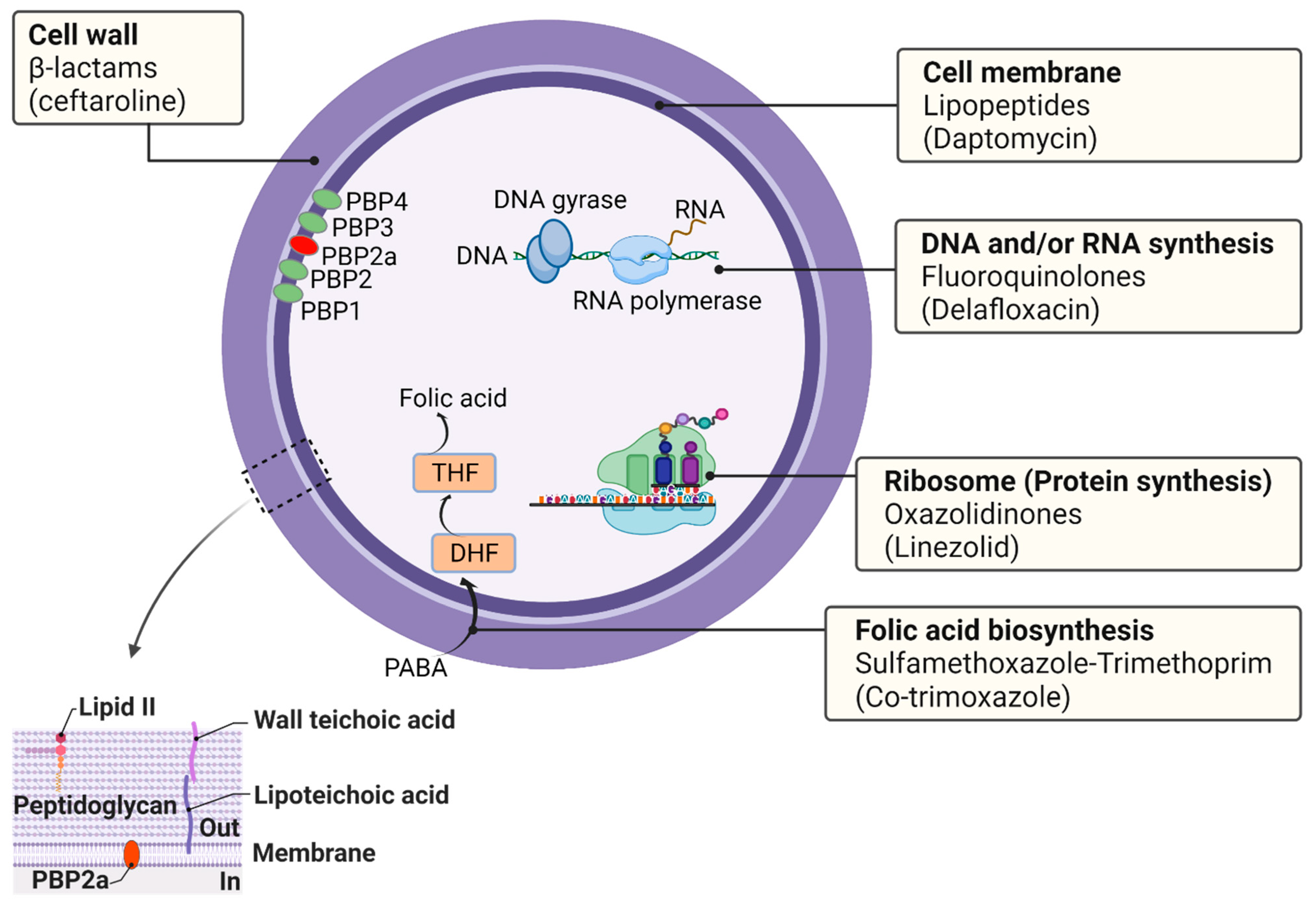 Source: mdpi.com
Source: mdpi.com
A number of substances bind to dna by intercalation. E) azoles inhibit plasma membrane synthesis. Substances that are naturally produced by certain microorganisms that can inhibit or destroy bacteria are called ______.
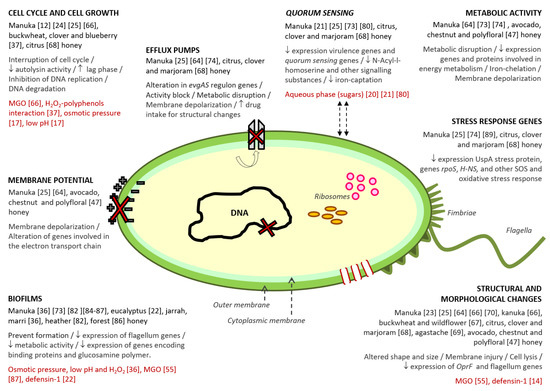 Source: mdpi.com
Source: mdpi.com
Click to see full answer. D) amantadine inhibits the release of viral nucleic acid. A) azoles inhibit plasma membrane synthesis.

- _____ a) macrolides b) semisynthetic penicillins c) cephalosporins d) vancomycin e) natural penicillins. An antiviral that is a guanine analog would have an antiviral mode of action that E azoles inhibit plasma membrane synthesis

Certain folate antagonists are used to treat some types of cancer and inflammatory conditions, such as rheumatoid arthritis. B) acyclovir inhibits dna synthesis. Penicillin penicillin was the first antibiotic, discovered from a colony of mold on a petri dish.
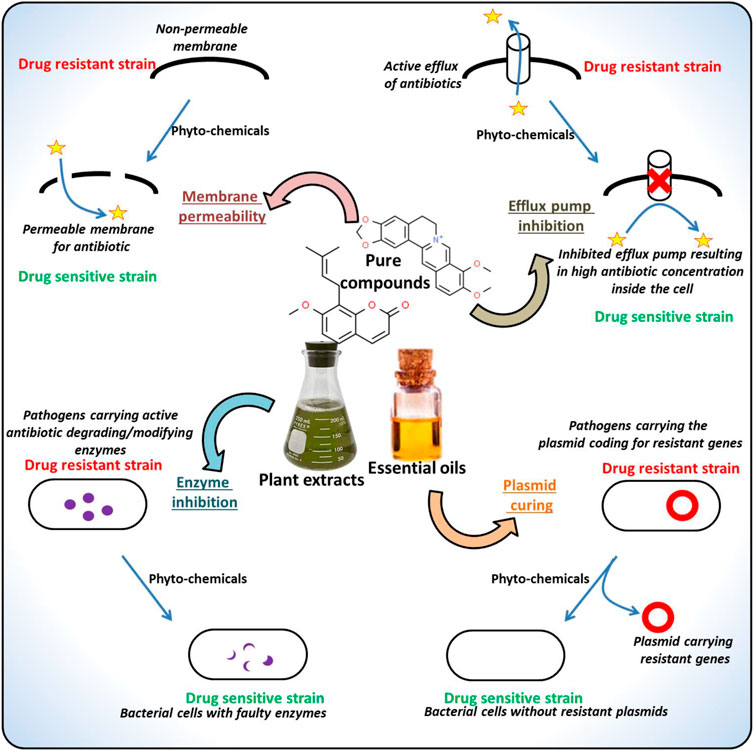 Source: frontiersin.org
Source: frontiersin.org
Some drugs selectively inhibit metabolic processes in bacteria: C) amantadine inhibits release of viral nucleic acid. B) acyclovir inhibits dna synthesis.
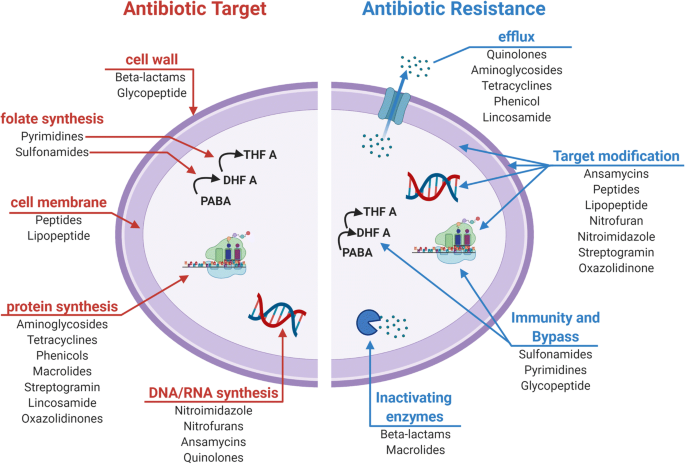 Source: link.springer.com
Source: link.springer.com
Which of the following statements about drugs that competitively inhibit dna polymerase or rna polymerase is not true? Which of the following statements is false? The two primary inhibitors of dna and rna synthesis are rifamycins and quinolones.
 Source: researchgate.net
Source: researchgate.net
Chapter 20 antimicrobial drugs my nursing test banks microbiology: Lincomycin and clindamycin are specific inhibitors of peptidyl transferase, while macrolides do not directly inhibit the enzyme. C amantadine inhibits release of viral nucleic acid.

E azoles inhibit plasma membrane synthesis Which of the following is not a mode of action of antiviral drugs? 37) _____ a) macrolides b) semisynthetic penicillins c) cephalosporins d) vancomycin e) natural penicillins.
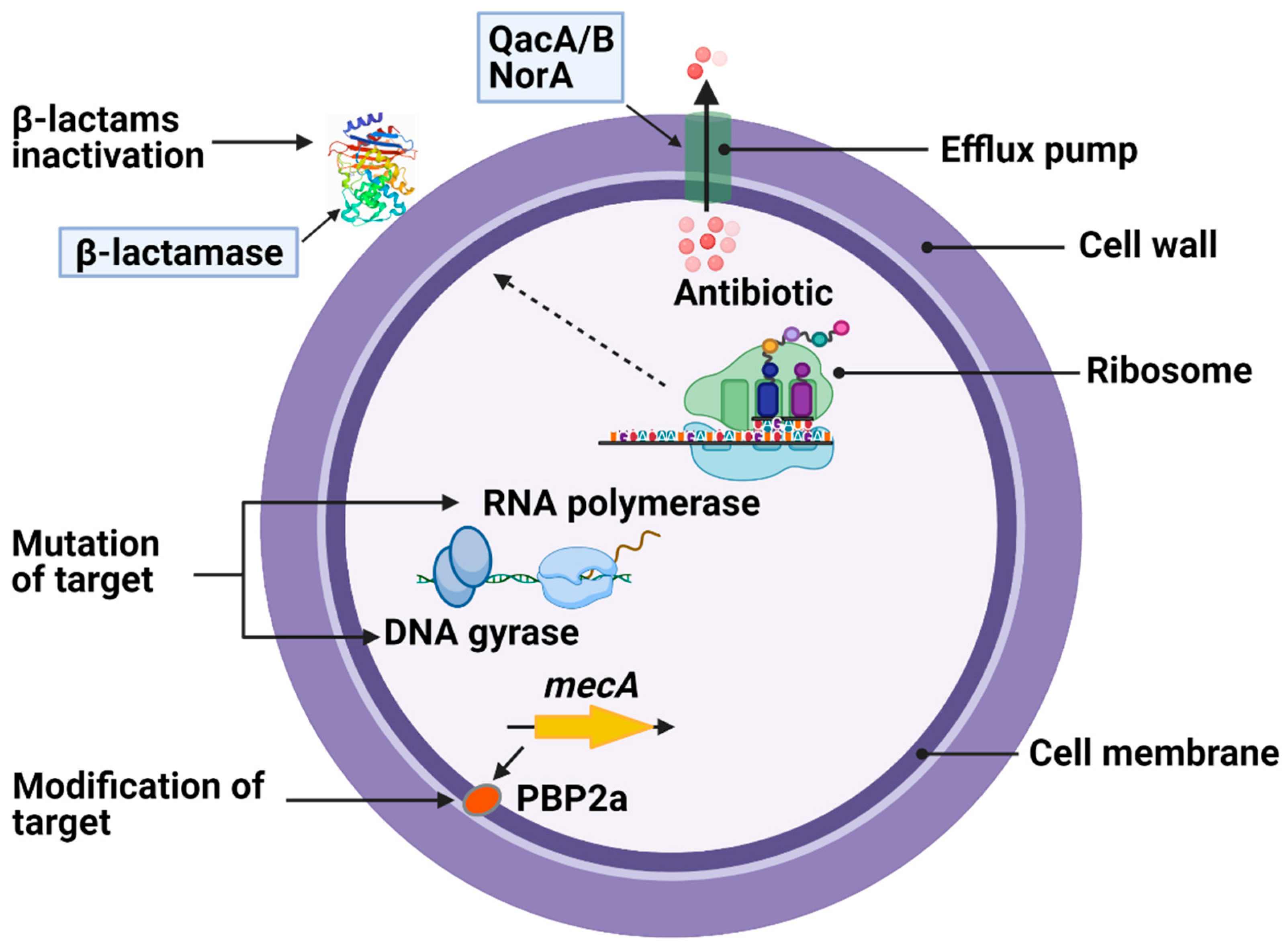 Source: mdpi.com
Source: mdpi.com
B) acyclovir inhibits dna synthesis. C) they affect host cell dna. A) fluoroquinolone inhibits dna synthesis.
 Source: courses.lumenlearning.com
Source: courses.lumenlearning.com
Most current bactericidal antimicrobials, which are the focus of this review, inhibit dna synthesis, rna synthesis, cell wall synthesis, or protein synthesis 1. C) fluoroquinolone inhibits dna synthesis. B) acyclovir inhibits dna synthesis.

Penicillin penicillin was the first antibiotic, discovered from a colony of mold on a petri dish. Which of the following is not a mode of action of antiviral drugs? D) they are too dangerous to be used.
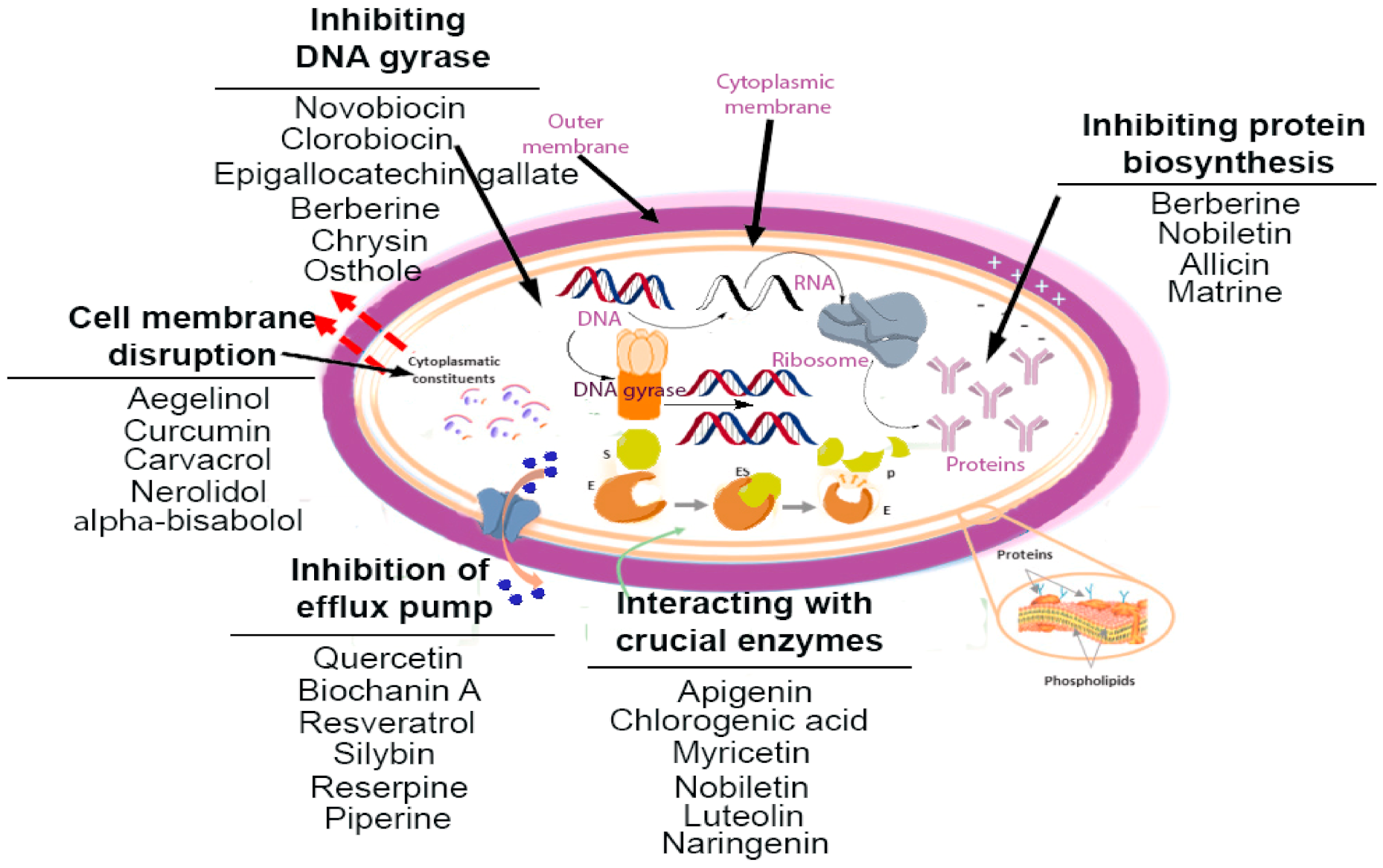 Source: mdpi.com
Source: mdpi.com
B)they are used against viral infections. Chapter 20 antimicrobial drugs my nursing test banks microbiology: A fluoroquinolone inhibits dna synthesis.
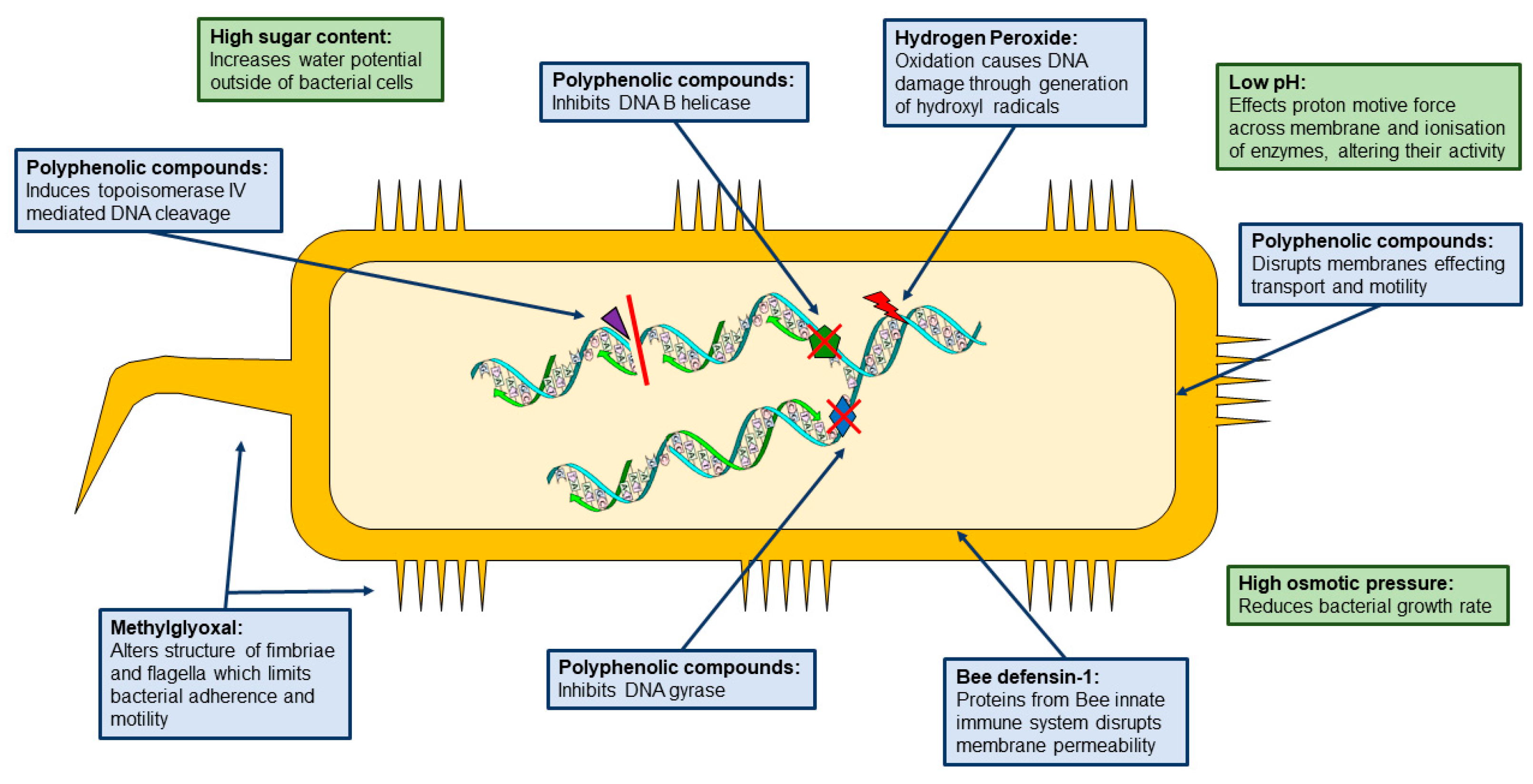 Source: mdpi.com
Source: mdpi.com
Which of the following statements about drugs that competitively inhibit dna polymerase or rna polymerase is false? A) azoles inhibit plasma membrane synthesis. However, chloroquine and miracil d (lucanthone) inhibit plasmodia and schistosomes, respectively.
 Source: courses.lumenlearning.com
Source: courses.lumenlearning.com
None of them is useful as an antibacterial agent; These agents are thought to intercalate into the dna and thereby to inhibit further nucleic acid synthesis. Ampicillin, amoxicillin, mezlocillin, and penicillin g all have:
 Source: thelancet.com
Source: thelancet.com
Which of the following is not a mode of action of antiviral drugs? B) it does not affect eukaryotic cells. Protozoan and helminthic diseases are difficult to treat because
 Source: quizlet.com
Source: quizlet.com
Bond to ergosterol in the cell membrane. Sulfonamides are analogs of paba and, as a result, they inhibit _____ synthesis. Which of the following antibiotics does not interfere with cell wall synthesis?
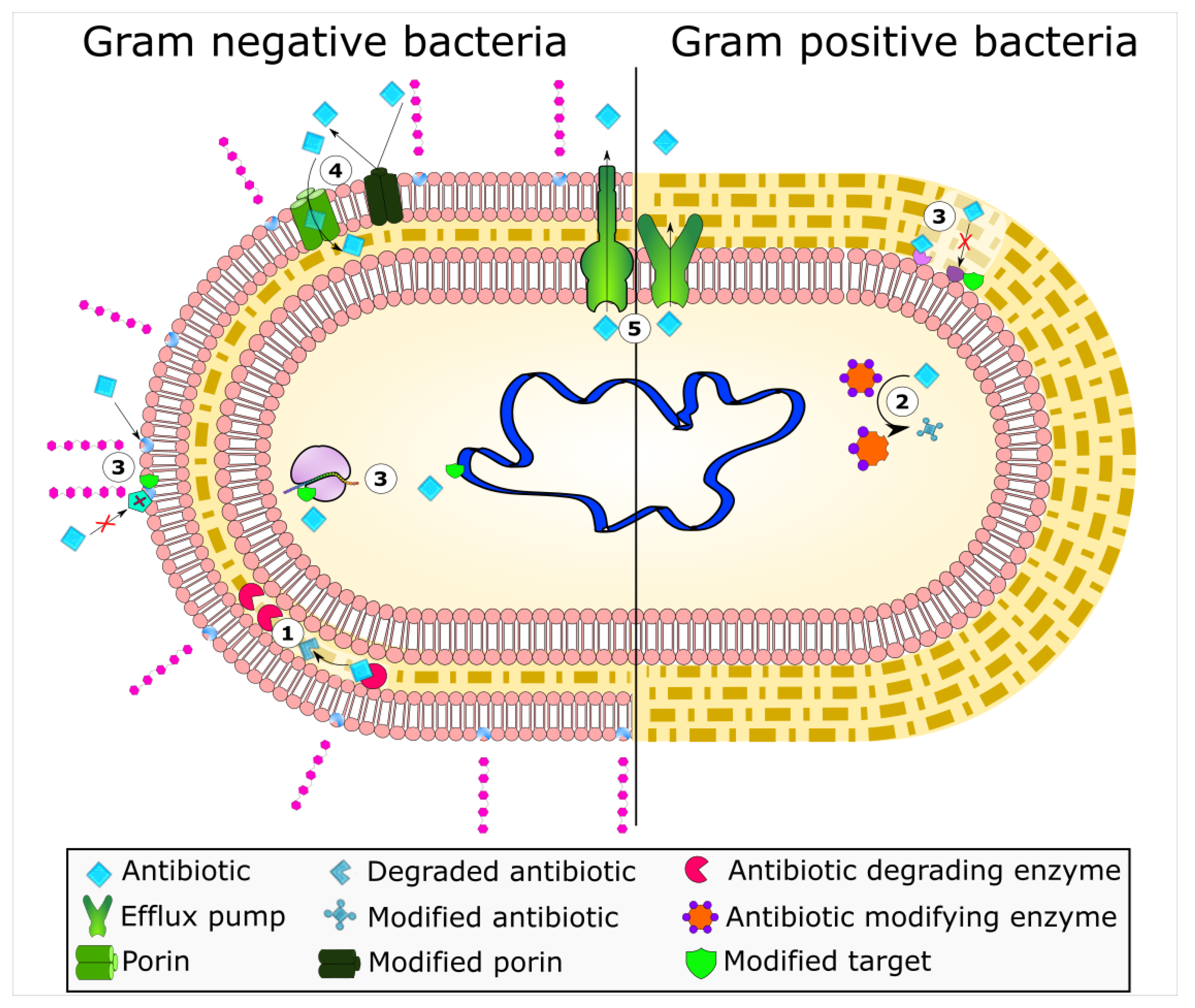 Source: mdpi.com
Source: mdpi.com
Which antineoplastic drug inhibits folic acid synthesis? B acyclovir inhibits dna synthesis. A) fluoroquinolone inhibits dna synthesis.
Also Read :





